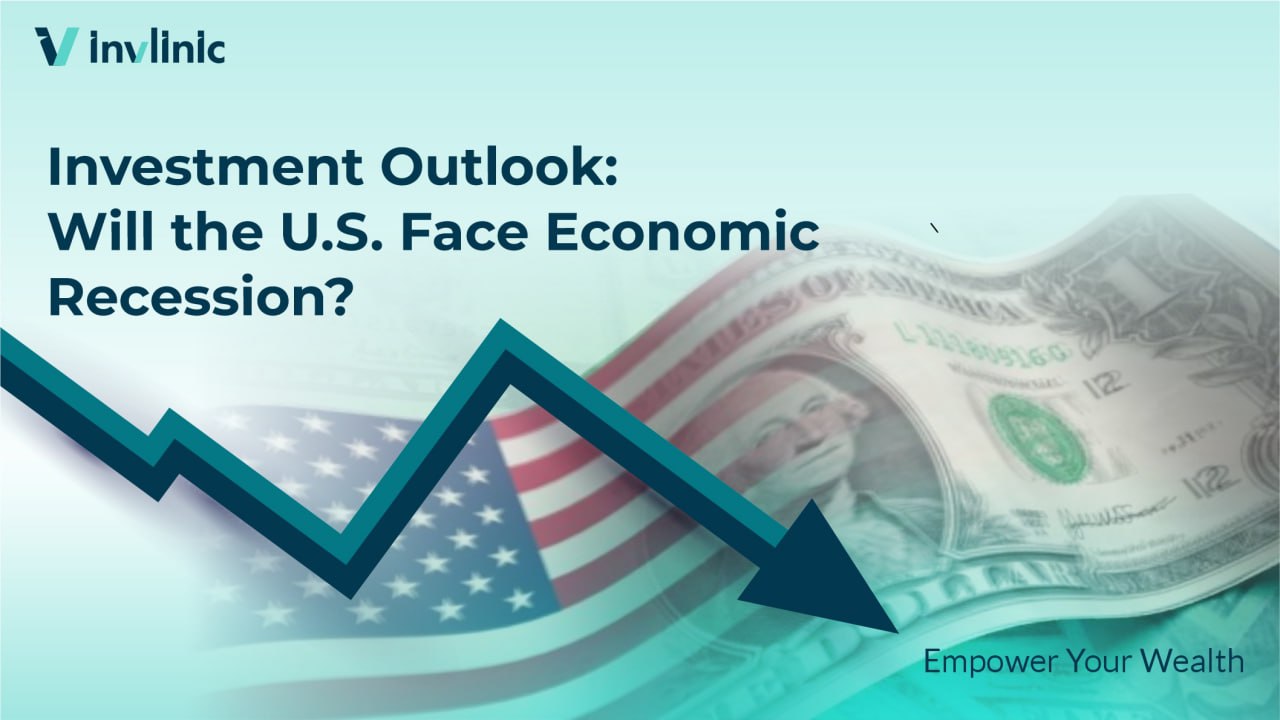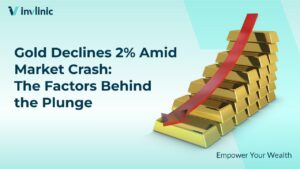
The topic of a potential recession remains hotly debated, especially following the financial market turmoil from July 12 to early August 2024. During this period, major indices like NASDAQ, S&P 500, and NIKKEI, as well as various currencies, experienced significant drops. Many media outlets and economists predicted a recession, supported by recession indicators such as an inverted yield curve and the Sahm Rule. However, despite these fears, the market has shown a remarkable recovery over the past week. For instance, the Nasdaq has rebounded by +9%, and the Nikkei by +20%.
The recent market downturn has been largely attributed to two main factors: the weakening economic performance of the United States and the Bank of Japan’s (BoJ) interest rate hike. Market participants began to identify signs of a U.S. economic slowdown after the consumer inflation data for June was released, falling much faster than expected, and consumer confidence dropped to its lowest level in eight months. This sentiment of concern peaked when the Bureau of Labor Statistics reported an unemployment rate of 4.3%, the highest in nearly three years. Many economic analysts viewed this performance as a consequence of high U.S. interest rates, which have remained elevated, causing fears of weakening GDP growth and uncontrolled increases in unemployment leading to a recession.
Compounding the U.S. economic concerns, the market was further shaken by the BoJ’s decision to raise interest rates again on July 31, 2024, totaling a 25 basis point or 0.25% increase over the past five months. This led to widespread liquidation actions, with equity and other investment assets being sold off by “carry trade” participants due to rising interest burdens. Previously, many market players had engaged in carry trades, borrowing funds in Japan at nearly 0% interest and investing in more profitable assets elsewhere.
These two factors spurred massive sell-offs, resulting in significant corrections across many financial instruments, with the Nikkei (Japanese stock index) experiencing its largest drop since the Black Monday of 1987. Ultimately, this has raised a major question for investors: “Will a recession still occur?”
Recession & Economic Slowdown
A recession is essentially a long-term decline in economic growth, characterized by two consecutive quarters of negative GDP growth and high unemployment rates. Therefore, determining whether a recession will occur should primarily be based on GDP growth data and employment statistics.
According to the Bureau of Economic Analysis (BEA) data, the U.S. GDP has not yet experienced two consecutive quarters of negative growth, despite a decline since Q3 2023. It is important to understand that the U.S. has actually aimed for this slowdown due to high inflation during the post-COVID-19 recovery, with interest rates increased by 5.25% over two years. Inflation is now approaching the Federal Reserve’s (Fed) target of 2%. Moreover, while concerns about Q2 2024 GDP growth declining are valid, the BEA’s growth estimate released at the end of July shows a positive 2.8%. Although this is an estimate and subject to change, the final data released in September is unlikely to differ significantly.
Regarding employment, although the high unemployment rate exceeds the Fed’s expectations, it is not significant compared to previous recessions. This increase in unemployment is also “expected” to normalize inflation. The Fed has confirmed plans for interest rate cuts in September, with an estimated reduction of 0.5% to 0.75% by the end of the year to support GDP and employment recovery.
From the above analysis, the current economic slowdown can be viewed as a normal result of quantitative tightening by the Fed, which has raised benchmark interest rates. Additionally, post-COVID-19, there has been a phenomenon known as the Bullwhip Effect, where demand and supply fluctuations cause rapid changes between inflation and deflation. Thus, it can be concluded that the current economic slowdown is merely a “Slowdown” and not a severe Recession.
Disclaimer
This analysis is made independently and in good faith. Investment decisions are the sole responsibility of the reader. Please review carefully before making any decisions.
To become a knowledgeable investor, always check out the Invlinic blog! There will be plenty of information on financial planning, investments, trading, and the latest updates in the financial world.



